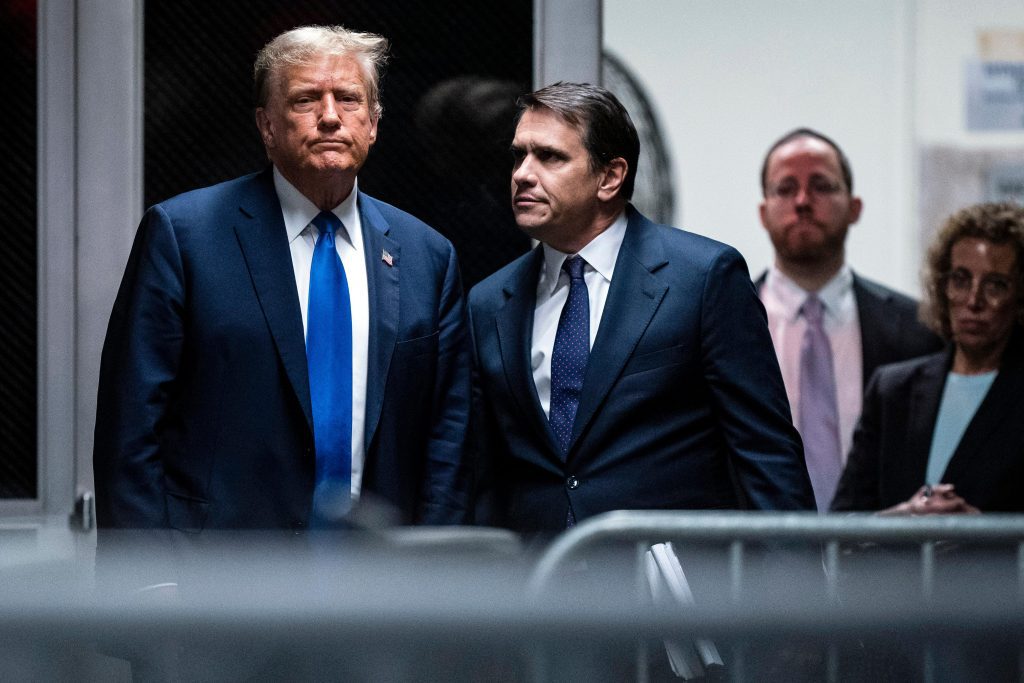By ALANNA DURKIN RICHER (Associated Press)
WASHINGTON (AP) — Donald Trump was unsuccessful in his attempt on Thursday to temporarily stop a series of lawsuits accusing him of provoking the U.S. Capitol attack, as the former president contends with his criminal case related to the 2020 election interference in Washington.
U.S. District Judge Amit Mehta in Washington rejected the defense lawyers’ request to postpone the civil cases that hold Trump accountable for the Jan. 6, 2021, riot while the criminal case accusing him of plotting to reverse his election loss to President Joe Biden unfolds.
This is the most recent legal setback for the probable Republican presidential nominee, whose trial in a separate criminal case involving hush money payments made during the 2016 campaign, which commenced this week with jury selection in New York.
The lawsuits, brought by Democratic lawmakers and police officers who defended the Capitol on Jan. 6, aim to seek civil damages for the harm they claim to have endured during the attack, which aimed to stop Congress’ validation of Biden’s victory.
Trump argues that he cannot be sued for the riot that resulted in injuries to numerous police officers, claiming that his statements during a rally before the Capitol breach centered on “matters of public concern” and were within the bounds of absolute presidential immunity.
Washington’s federal appeals court decided in December that the lawsuits can proceed, dismissing Trump’s extensive claims that presidential immunity protects him from liability. However, the court indicated that Trump can continue to contest, during the case's progression, to demonstrate that his actions were taken in his official capacity as president.
In court documents submitted last month, Trump’s attorneys informed the judge that “fundamental fairness to criminal defendants” justifies halting the civil cases until after the resolution of the 2020 election criminal case. They argued that allowing the lawsuits to move forward could compel Trump to prematurely reveal his defense strategies in the criminal case.
Mehta, appointed to the bench by former President Barack Obama, stated that the public has an interest in promptly resolving the civil lawsuits as well as the criminal case. The judge also mentioned that “appropriate precautions” can be established to enable the lawsuits to progress without infringing on Trump’s Fifth Amendment right to avoid self-incrimination.
The Supreme Court is scheduled to hear arguments next week regarding Trump’s assertion of immunity from criminal prosecution in the election interference case initiated by special counsel Jack Smith. The decision will determine whether Trump will have to stand trial in the case alleging a far-reaching conspiracy to retain power after Americans voted him out of office.









